
The AI revolution isn’t knocking at our door – it burst through and rewrote the rules while we were still debating its arrival. In boardrooms and tech hubs across the globe, leaders are grappling with a stark reality, adapt to AI or risk becoming obsolete.
By 2030, we’re looking at a $1 trillion AI market according to GlobalData Strategic Intelligence’s 2025 Tech Predictions report, but that number only tells part of the story. Read the full report here.
What does this transformation really mean for 2025? Nine seismic trends are emerging, each one a glimpse into our rapidly approaching future. These aren’t predictions – they’re real-world transformations already being used by the world’s most innovative companies. Let’s begin!
The New Power Couple
Remember when headlines screamed about AI coming for our jobs? Plot twist: instead of replacing humans, AI has become the ultimate power-up for human potential.
Accenture’s MyNav Green Cloud Advisor perfectly illustrates this shift, demonstrating how AI enhances rather than replaces human decision-making. By processing vast amounts of sustainability data and cloud infrastructure information, it empowers humans to make more informed, strategic decisions about their cloud deployments. This is what the new paradigm of problem solving looks like!
Lightning-Fast Decisions
The ability to make quick, informed decisions can mean the difference between success and failure. Real-time AI systems are revolutionizing how businesses operate by enabling instant responses to market changes, customer behavior, and operational conditions.
From dynamic pricing adjustments to supply chain optimization, these systems are setting new standards for business agility and responsiveness. Learn more about how AI is helping in real-time automated decision-making, here.
Building Trust in the AI Age
As AI becomes ubiquitous, ethical AI development is taking center stage. Issues like algorithmic bias, lack of transparency, and accountability are prompting businesses to adopt frameworks for responsible AI.
By 2025, expect widespread adoption of explainable AI models, robust auditing systems, and regulatory compliance efforts. Building trust in AI systems will remain a priority for both governments and organizations.
How embedding trust can unlock value. Read the full report here.

AI as Your Creative Partner
OpenAI’s DALL-E 3 represents the next evolution in generative AI, showing how these systems can enhance rather than replace human creativity. The implications stretch far beyond simple image generation – we’re seeing impacts in product design, marketing, architecture, and entertainment. This technology is enabling creators to explore new possibilities while maintaining their artistic vision.
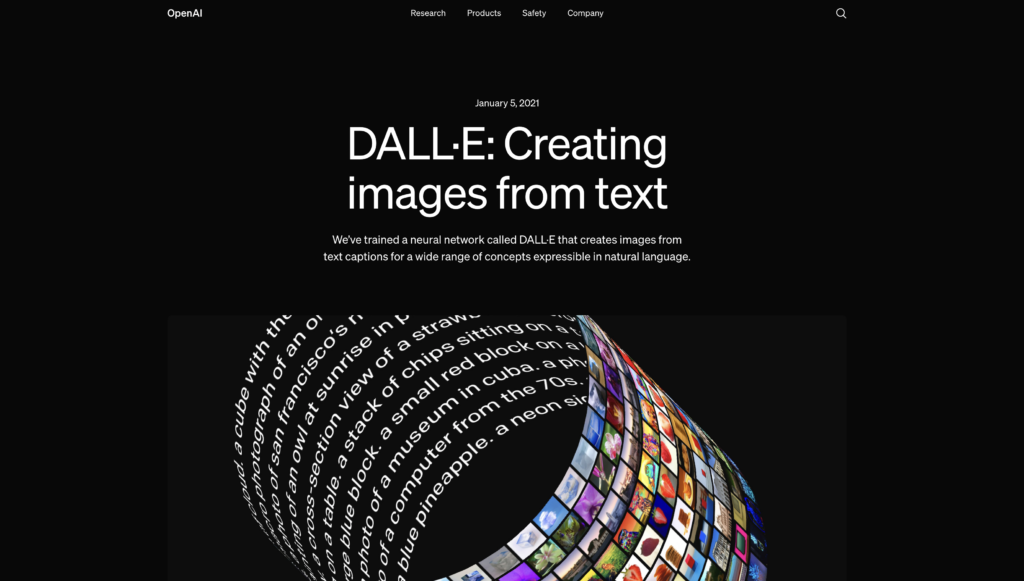
Understand how Gen AI is transforming the creative industries in 2025.
Beyond Simple Chat
Conversational AI is moving beyond simple command-response interactions to truly natural, context-aware dialogues. These systems understand nuance, remember previous conversations, and adapt their responses to specific situations.
The applications range from sophisticated customer service solutions to personalized educational experiences.
How it works:
Benefits and real-world use cases of Conversational AI. Click here to learn more.
AI and Cybersecurity
With the rise in cyber threats, 2025 is set to usher in a new era of cybersecurity, emphasizing proactive, AI-driven defense strategies alongside stronger regulatory frameworks. Read more on AI maturity and cybersecurity evolution here.
IBM’s QRadar platform demonstrates how AI is transforming cybersecurity from reactive to proactive defense. These systems can detect and respond to threats in real-time, often identifying potential issues before they become actual problems. The impact is particularly significant given the increasing sophistication of cyber threats. Explore IBM QRadar here.
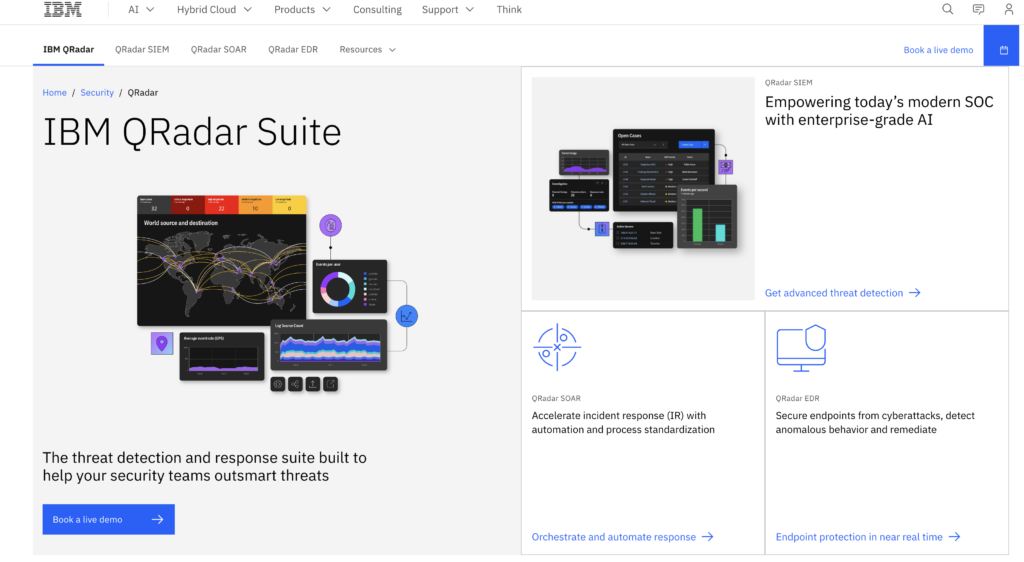
Autonomous Intelligence, and what about it?
AI systems are becoming more independent, capable of handling complex tasks with minimal human oversight. These autonomous systems are particularly impactful in areas like manufacturing, finance, and logistics, where they can make decisions and adjustments in real-time based on changing conditions.
Discover how AI agents are evolving into autonomous partners.
The Healthcare Revolution is Here
The impact of AI extends across the entire healthcare spectrum, from preventive care to treatment. Key applications include:
- Diagnostic Support
- Medical imaging analysis for early disease detection
- Real-time assistance during surgical procedures
- Automated screening for critical conditions
- Treatment Optimization
- AI-assisted surgical procedures
- Medication interaction monitoring
- Patient risk assessment and early warning systems
- Preventive Care
- Continuous health monitoring through wearable devices
- Early detection of potential health issues
- Personalized health recommendations
Apple’s Watch Series 9 exemplifies how AI is transforming healthcare delivery through sophisticated monitoring and analysis capabilities. From heart rate variability monitoring to early arrhythmia detection, these systems are making preventive healthcare more accessible and effective.
These advancements are not just improving efficiency – they’re fundamentally changing how healthcare is delivered and making advanced care more accessible to patients worldwide.
5 predictions for advancements of AI in healthcare in 2025.
The Climate Fight
Perhaps one of the most promising applications of AI lies in its potential to address our global environmental challenges. Google’s DeepMind has demonstrated this potential dramatically, achieving a 30% reduction in data center energy consumption.
This achievement isn’t just about cost savings – it represents a new frontier in using AI to combat climate change. From optimizing energy usage to managing resources more efficiently, AI is becoming an essential tool in our journey toward a more sustainable future.
AI in 2025
AI is set to change the world in 2025. It will improve how we work, create, and protect ourselves from cyber threats. It will also help tackle big challenges like sustainability.
But these advancements come with challenges. We need ethical AI systems and stronger regulations to make the most of this technology.
By staying informed and adapting quickly, we can use AI to drive growth, improve lives, and create a better future.
Subscribe To Get Update Latest Blog Post

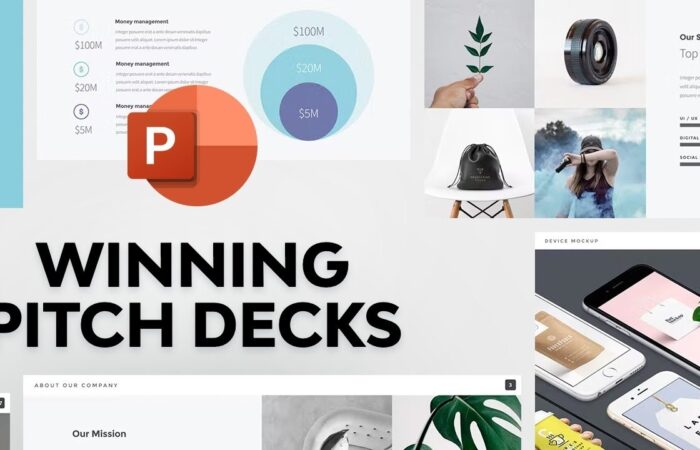
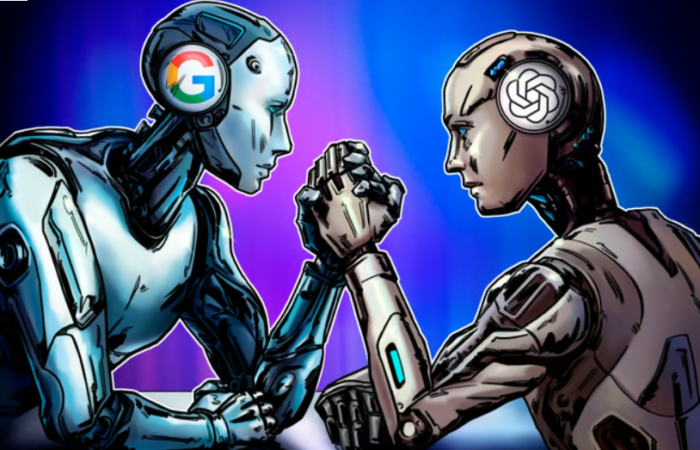
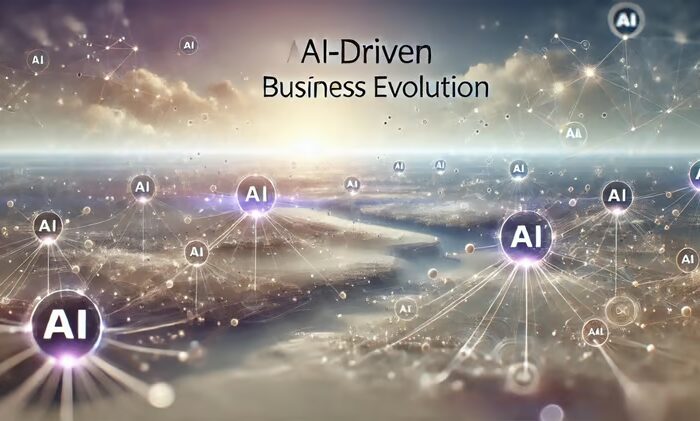





Leave Your Comment: